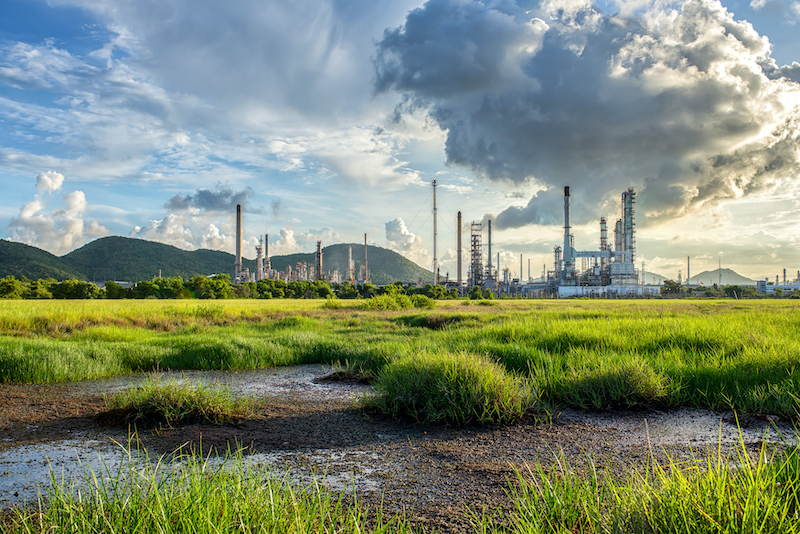Germany Plans to Expand Carbon Capture and Storage, Including Sub-Seabed Transport
(Reuters) — Germany will change its carbon dioxide storage law to allow carbon capture and off-shore storage for certain industrial sectors as Europe's biggest economy aims to become carbon neutral by 2045, Economy Minister Robert Habeck said on Monday.
Carbon capture and storage, or CCS, removes from the atmosphere carbon dioxide produced by industrial processes or captures it at the point of emission and stores it underground.
In Germany, its use has been restricted, but as Europe's largest CO2 polluter is likely to miss its climate goals, Berlin has reconsidered CCS, estimating the need to capture between 34 million and 73 million tons per year by 2045.
Under the new law changes, transportation of CO2 and its storage in sub-seabed areas will be allowed, with the exception of protected marine zones, Habeck added.
On-land carbon storage will remain banned unless the federal states ask Berlin to make it possible.
"The technology is safe, the CO2 remains in the ground and secondly, time is up," the minister told a news conference presenting the government's carbon management strategy.
The strategy will be the basis for a bill to amend the country's carbon storage law and create a clear legal framework for the development of a CO2 pipeline infrastructure.
Before exporting CO2 abroad, Berlin needs to ratify a clause in the London Protocol international treaty on cross-border waste exports, which was amended by contracting parties in 2009, to allow transportation of CO2 for sub-seabed storage.
Berlin will have to sign the London Protocol amendment to make CO2 off-shore exports possible and will start exploring off-shore storage sites in Germany, the economy ministry said.
Geologically, Germany has around 1.5 billion to 8.3 billion tons of CO2 storage capacity under its North Sea and could deposit up to 20 million tons annually.
CO2-intensive industries that cannot be electrified, such as cement and lime, will be among the sectors which benefit, while gas and biomass power generation plants will also be able to use the technology but will not be subsidized, the strategy showed.
Environmental groups criticized the strategy, saying the technology was expensive and unsustainable, and allowing it for the power generation sector would open the door to the continuation of fossil fuel business models.
"We call on the federal cabinet and Bundestag (lower house of parliament) not to agree to this proposal," Deutsche Umwelthilfe Managing Director Sascha Mueller-Kraenner said in a statement on Monday.
Related News
Related News

- Keystone Oil Pipeline Resumes Operations After Temporary Shutdown
- Freeport LNG Plant Runs Near Zero Consumption for Fifth Day
- Biden Administration Buys Oil for Emergency Reserve Above Target Price
- Mexico Seizes Air Liquide's Hydrogen Plant at Pemex Refinery
- Enbridge to Invest $500 Million in Pipeline Assets, Including Expansion of 850-Mile Gray Oak Pipeline





Comments